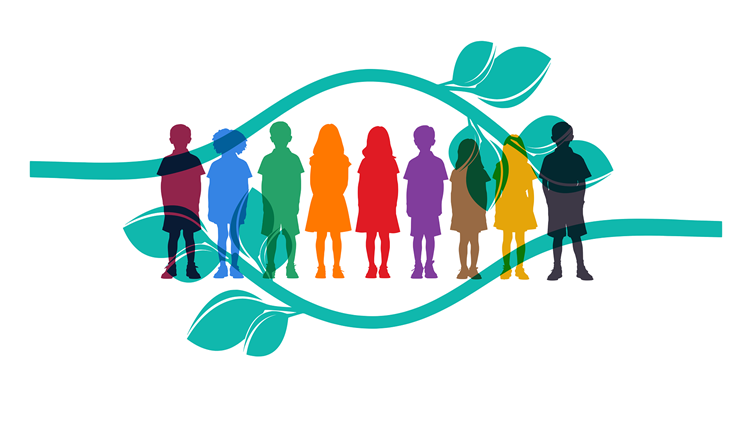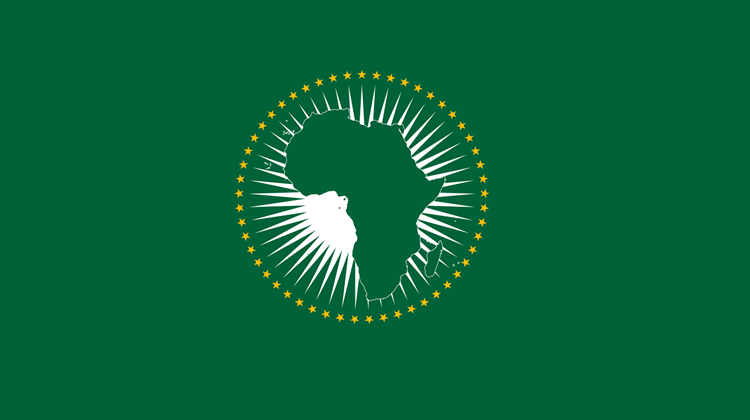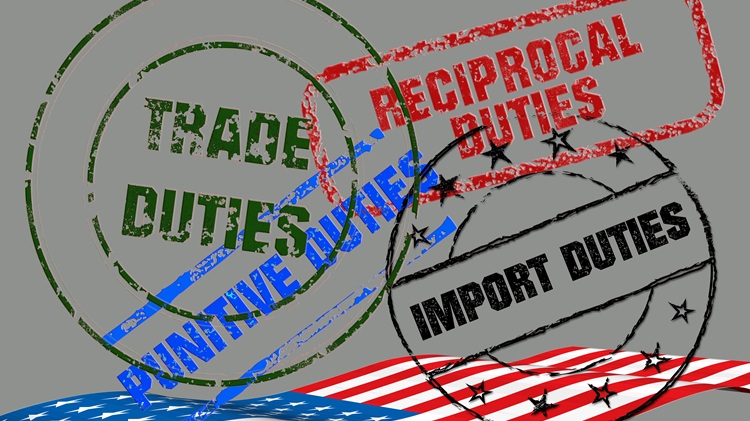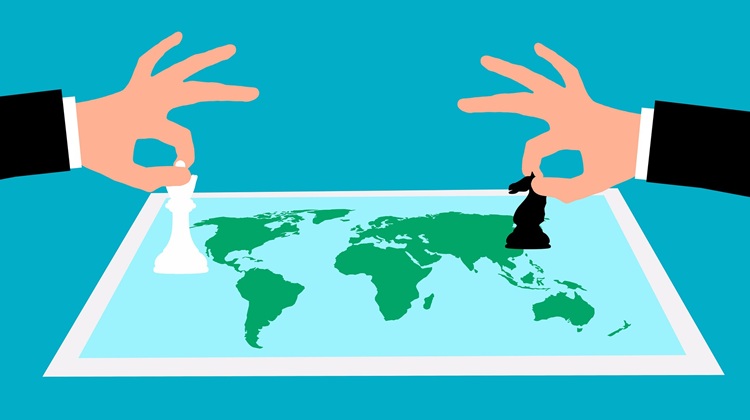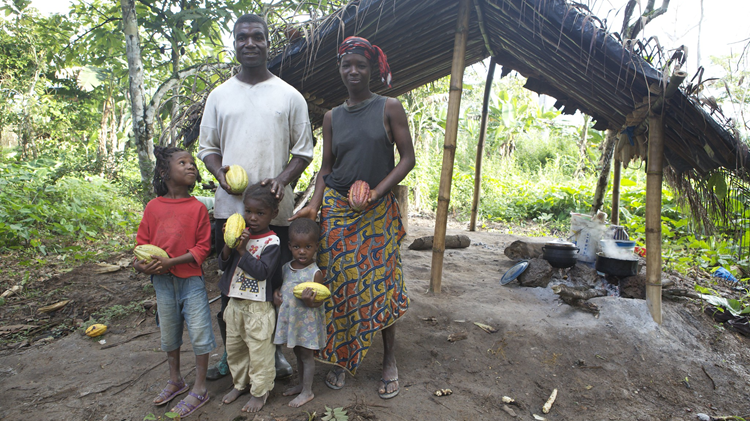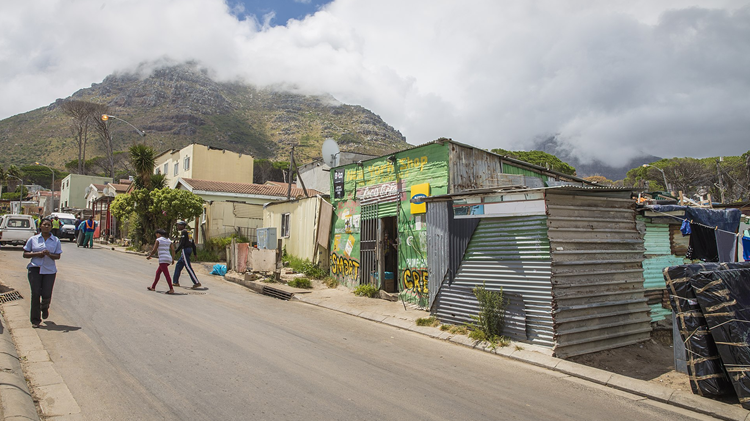The US, the West and the future of Africa
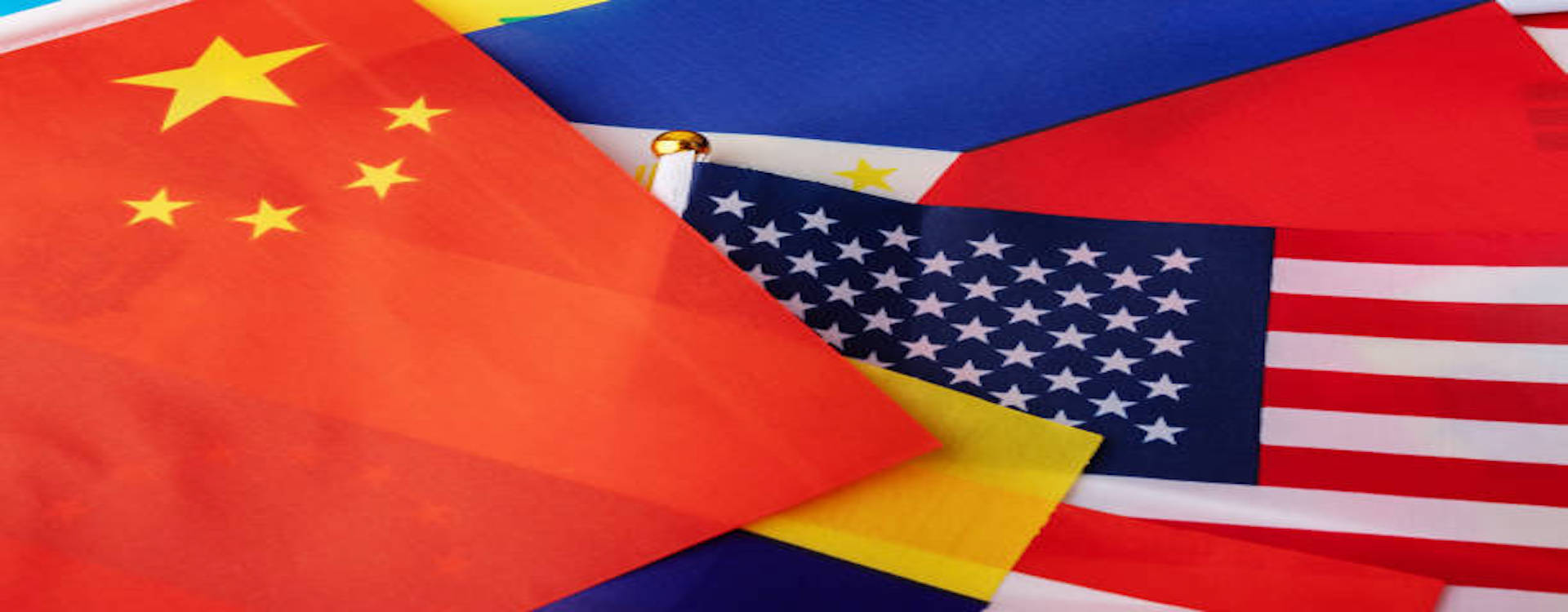
The US needs to focus on collaborating with China if it wants to maintain influence in Africa.
Despite its large population, Africa is a small global player. The combined African economy is, after all, less than 3% of the world economy, though it increases to 5% if one uses purchasing power parity to compare economic size.
Africa’s large poverty burden and lack of economic and political integration mean its voice is limited internationally. Among its 55 constituent states, Africa has 22 low and 24 low-middle-income economies – only the tiny island of Seychelles is considered high-income.
The Guided Trade Initiative of the African Continental Free Trade Area (AfCFTA) is already serving as a pilot project to drive the continent’s trade integration. Once fully implemented, likely in about a decade, AfCFTA will provide a single market of up to 1.7 billion people with a combined GDP of US$4 trillion. However, given the challenges in the Sahel, Libya, the DRC and the Horn, that is some way off.
As a result of its political heterogeneity, Africa seldom adopts commonly held positions on contentious foreign policy issues such as Taiwan or Ukraine. Unlike the European Commission, the Commission of the African Union is an intergovernmental secretariat with limited and circumscribed policy latitude.
Although most African countries are not part of global value chains, external economic challenges and tensions affect Africa profoundly – the most violent period in Africa since independence was in the years ahead of the collapse of the Berlin Wall in 1989, as tensions between the US and the former USSR led to intense proxy wars in the Horn and Angola. Based on that experience, a new era of competition between the US and China does not augur well for the continent.
At its peak, the USSR's economy was only half the size of that of the US, whereas the US and China will be roughly equivalent within the next decade. China is already larger when using purchasing power parity. By 2050, the Chinese economy will be almost 30% larger. China is the world's factory, manufacturing cheaper and more than anyone else. They have flooded the world with cheap solar and wind products to fuel the green transition. It is the global trade destination for many and builds much of Africa’s infrastructure.
China and surrounding Asia are emerging as the most important source of economic growth globally, and the associated eastward shift of economic heft is well established and widely reported. In contrast, US trade and investment with Africa is declining. ‘No other country comes near the breadth and depth of China’s engagement in Africa,’ wrote The Economist in an in-depth study of the relationship in May 2022.
Although most African countries are not part of global value chains, external economic challenges and tensions affect Africa profoundly
If the US wants to maintain its influence in Africa, it should not compete but find ways of collaborating with China. It should use the African Growth and Opportunity Act (AGOA) as a carrot to boost Africa's exports, not as a stick for economic coercion to achieve political objectives.
The proposal to a bipartisan group of US senators to introduce a bill to renew AGOA for another 16 years could demonstrate that the US is willing to engage with Africa for the long haul. With its low levels of trade reciprocity, the AGOA trade model is well suited to Africa’s current needs.
The rise of China in a complex, crowded world means that the future will be quite different to previous periods of competition and cohabitation. In contrast to the orientation of its young population, many of Africa’s ruling elites cast longing eyes towards China’s state-led, autocratic development model to deliver improvements in indicators such as poverty reduction. Democracy and the free market have not delivered development, they argue. There is a sense of restlessness on a continent where the median age is only 19. The youth bulge is expanding rapidly with limited prospects for formal employment, a healthy life, or meaningful education.
On our African Futures website, we ask how different global futures impact Africa using a two-decade horizon. We model four broad alternative scenarios using the International Futures forecasting platform from the University of Denver. These include a best case Sustainable World and a worst case World at War scenario, which reflect the impact on Africa in each.
We commence our analysis by pointing to recent and likely global power shifts.
For the past century, the US has been the most powerful country in the world. It has successfully presented a narrative that equates global development, stability and progress with American interests and values. Many Africans look to the US, given its freedoms and opportunities, although the number of positive views of the US is declining.
The image of a violent mob descending on the Capitol in January 2021 shattered the myth of American exceptionalism, exposing a country torn asunder by its political divisions. The reaction to globalisation across rural America and the rise of domestic populism detracts from US soft power, whilst its declining ability to deter others is on current display in the Middle East, which is on a knife edge.
If the US wants to maintain its influence in Africa, it should not compete but find ways of collaborating with China
Instead of oil from Africa, the next commodities boom for Africa will come from minerals associated with the renewable energy transition. This is reflected in a recent report from the United States Institute of Peace that explored the role Africa could play in diversifying US critical mineral supply chains; strengthen the rule of law, transparency, and environmental and labour standards around Africa’s critical minerals.
The US faces an uphill struggle since China, as the first mover, has already secured much of the known supply of critical minerals in Africa. Its dominant position on these resources reflects the extent to which China is in a different league to the former USSR.
Instead of confronting China in Africa, the US must find ways to collaborate and partner with it. Africa cannot again serve as an arena for proxy conflicts and competition, this time between the US and China.
It is Russia, not China, that is the spoiler in Africa. The extent to which countries in the Sahel are experiencing a resurgence of military coups with regime protection provided by Russia’s Africa Expeditionary Corps (previously the Wagner group) augurs poorly for the continent's future.
The more significant challenge is that the West faces a much larger and more powerful cohort of detractors, perhaps most readily depicted as the G7 versus BRICS+. The impunity that the West has provided to Israel for the war that it is pursuing in Gaza and further afield has reinforced views amongst the Global South that different standards apply to them compared to the Developed North.
Current indications point to China becoming more influential in Africa, with many countries turning eastward. Rather than a new uni- or even bipolar order, the trend is towards a complex, multipolar global power configuration within which one’s allies and friends will determine the international pecking order. Learning to rely on friends and allies will be a new experience for the US.

